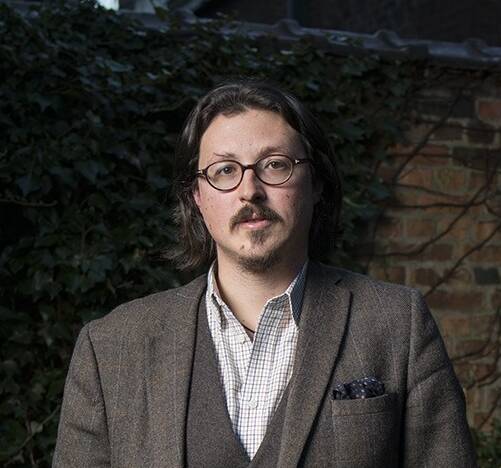Europe – What will be the effects of the coronavirus lockdown on the ideal of the welfare state in Europe? Simply put: The lockdown is destroying the middle class and hugely playing into the hands of the super-rich. While the owners of middle and small shops, enterprises, restaurants or hotels are ruined, those benefitting in one way or another from the exponential expansion of huge monopolists in the fields of big-tech, big-data, big-pharma, mass-supply and transportation are getting richer and richer by the day – a tendency that was already obvious before covid-19, which has to be considered as a mere catalyst of pre-existing tendencies. Once the end of the lockdown reached, the middle-class will be ruined, and entrepreneurs will either have to sell their belongings and become, at best, mere employees of the new owners, or accept endless state subsidies which will keep them just above the limit of bankruptcy and thus dependent on the State.
One way or another, the time of a society whose identity is based on the existence of a large, independent and proud middle-class will be gone, at least in Western Europe, whose economy is hit much stronger by the lockdown than the East.
This also means that the old welfare system will have to be fundamentally transformed. I expect soon a drastic simplification of the old social solidarity systems through
the introduction of an unconditional basic revenue that will take the place of unemployment benefits, child support and pensions and which will lead to yet another drastic diminution of the financial equilibrium of the middle-classes.
And even worse: In order to pay these huge expenses and keep alive all the sectors hit by the corona-lockdown, the state will have to continue printing money, which will not only result in its gradual devaluation and thus the indirect expropriation of small fortunes, but also to an increasing shift from a liberal market economy towards a planned economy – “planned” at least for the vast majority of citizens depending in one way or the other on state allocation…
It is difficult to predict the different steps by which this evolution will take place during the next years; but whether there will be a collapse or a slow transformation, at the end, at least in Western Europe and the US, we will find a society based on a social and economic model I have called “billionaires’ socialism”. On one side, there will be a large mass of people surviving thanks to a basic state revenue and obliged to work hard in order to somewhat upgrade their lifestyle and thus earn the money necessary to keep the wheel of capitalism turning. On the other side, we will find a very small caste of billionaires from big tech, big data, big pharma and other monopolies which will exist in structural symbiosis with a political system that will masquerade as democratic while it is, in fact, rather oligarchic and technocratic – a situation not so different, from a morphological point of view, from what we know already now in China.
And as in China, the digitalisation of society and innovations such as the social credit system, transhumanism, the departure from cash money and the introduction of artificial intelligence will make it extremely difficult to revolt against such a system, even more so as the large masses are subjected to a systematic social atomisation through mass-immigration, the destruction of the natural family, hedonist consumer culture, the ideology of woke political correctness and the eradication of Christianity.
However, oligarchic systems are fundamentally unstable, and while the society of Western Europe is already to a large extent weakened by the evolution sketched above, the East, such as Poland or Hungary, still present coherent and solidarity communities that could be considered as examples and inspirations by those in the West not adhering to the new order. Sources of conflict are therefore pre-programmed, both internally and externally, despite the control systems put in place by governments. Thus, sooner or later, there will be violent clashes, be it between competing oligarchs, be it between rivalling ethnic groups in Europe, be it between the new emerging empires such as the US, China, Russia, India, Brazil and, perhaps, Europe – and it is very hard to say what new society will emerge from such a confrontation, though it is sure that it will be very different from the liberal and democratic societies whose last remnants are just being destroyed by the covid-lockdown.




